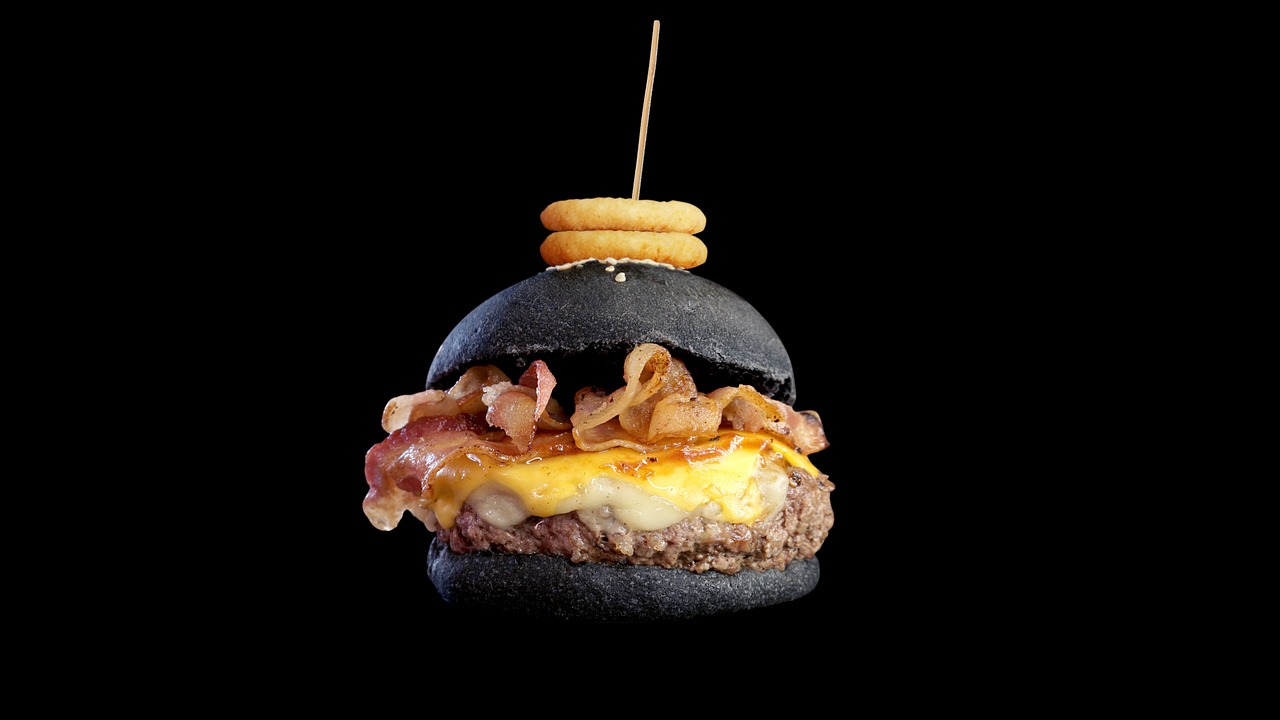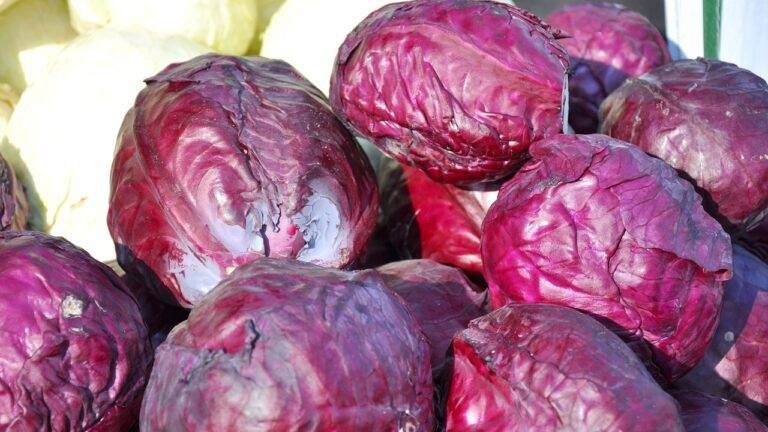Understanding the Link Between Diet and Cognitive Function: Laser 247 book, Silverexch com, 11xplay
laser 247 book, silverexch com, 11xplay: Understanding the Link Between Diet and Cognitive Function:
Have you ever felt foggy or sluggish mentally after a big meal? Or perhaps you’ve experienced a burst of energy and mental clarity after eating a nutritious salad. The food we eat plays a critical role not only in our physical health but also in our cognitive function. In recent years, research has shed light on the significant impact that diet has on our brain health and cognitive abilities. In this article, we will explore the link between diet and cognitive function and how you can make informed choices to boost your brainpower.
The Gut-Brain Connection:
Before we delve into the specifics of how diet affects cognitive function, it’s essential to understand the connection between our gut and our brain. The gut-brain axis is a complex communication network that links the gut microbiome to the central nervous system. The food we eat influences the composition of our gut bacteria, which in turn affects our brain function.
Studies have shown that a healthy gut microbiome is essential for optimal brain health. A diet high in fiber, fruits, vegetables, and fermented foods promotes the growth of beneficial gut bacteria, which can enhance cognitive function. On the other hand, a diet high in processed foods, sugar, and artificial additives can disrupt the balance of gut bacteria and negatively impact brain health.
Key Nutrients for Brain Health:
Several nutrients play a crucial role in supporting cognitive function. Here are some key nutrients that you should include in your diet to boost your brainpower:
Omega-3 fatty acids: Found in fatty fish like salmon, mackerel, and sardines, omega-3 fatty acids are essential for brain health. They have been linked to improved memory, focus, and mood.
Antioxidants: Antioxidants are compounds that help protect the brain from oxidative stress and inflammation. Foods rich in antioxidants include berries, nuts, dark chocolate, and leafy greens.
Vitamins and minerals: Vitamin D, B vitamins, magnesium, and zinc are essential for brain function. Incorporate foods like eggs, whole grains, nuts, seeds, and leafy greens into your diet to ensure you’re getting an adequate intake of these nutrients.
Hydration: Staying hydrated is vital for cognitive function. Dehydration can lead to fatigue, confusion, and poor concentration. Aim to drink at least eight glasses of water a day to keep your brain sharp.
The Impact of Processed Foods:
Processed foods, high in sugar, unhealthy fats, and artificial additives, have been linked to cognitive decline and an increased risk of neurodegenerative diseases like Alzheimer’s. These foods can cause inflammation in the brain, disrupt neurotransmitter function, and impair cognitive performance.
On the other hand, a diet rich in whole, unprocessed foods can support optimal brain health. Fruits, vegetables, whole grains, lean protein, and healthy fats provide the nutrients your brain needs to function at its best. By focusing on whole foods and minimizing your intake of processed foods, you can protect your cognitive function and support long-term brain health.
The Role of Sugar:
Excessive sugar intake has been shown to have detrimental effects on cognitive function. Consuming large amounts of sugar can lead to insulin resistance, inflammation, and oxidative stress in the brain, all of which can impair cognitive performance.
Additionally, a diet high in sugar has been linked to a higher risk of developing conditions like dementia and Alzheimer’s disease. To protect your brain health, aim to limit your intake of added sugars and opt for natural sweeteners like honey or maple syrup when needed. Focus on whole foods that provide slow-release energy, like whole grains, fruits, and vegetables, to support stable blood sugar levels and optimal brain function.
The Mediterranean Diet and Brain Health:
The Mediterranean diet has gained recognition for its numerous health benefits, including its positive effects on cognitive function. This diet is rich in fruits, vegetables, whole grains, fish, nuts, and olive oil, all of which provide essential nutrients for brain health.
Studies have shown that adhering to a Mediterranean diet is associated with improved cognitive function, a reduced risk of cognitive decline, and a lower incidence of neurodegenerative diseases. The anti-inflammatory and antioxidant properties of the Mediterranean diet play a key role in protecting the brain from age-related damage.
Incorporating more Mediterranean-inspired meals into your diet can be a delicious way to support your cognitive function and overall well-being. Try recipes like grilled salmon with a side of quinoa and roasted vegetables or a Greek salad with feta cheese, tomatoes, cucumbers, and olives for a brain-boosting meal.
Frequently Asked Questions:
Q: Can diet really impact cognitive function?
A: Yes, research has shown that diet plays a significant role in cognitive function. The nutrients you consume can affect brain health, neurotransmitter function, inflammation, and oxidative stress, all of which influence cognitive performance.
Q: Are there specific foods that can boost brainpower?
A: Yes, foods rich in omega-3 fatty acids, antioxidants, vitamins, minerals, and hydration can support optimal brain function. Incorporate foods like fatty fish, berries, nuts, leafy greens, whole grains, and water into your diet to boost your brainpower.
Q: How can I improve my cognitive function through diet?
A: To improve your cognitive function through diet, focus on whole, unprocessed foods, limit your intake of sugar and processed foods, stay hydrated, and consider following a Mediterranean-inspired eating pattern rich in fruits, vegetables, whole grains, fish, nuts, and olive oil.
Q: Are there any supplements that can support cognitive function?
A: While it’s best to get your nutrients from whole foods, some supplements like omega-3 fatty acids, vitamin D, B vitamins, magnesium, and zinc may be beneficial for brain health. Consult with a healthcare professional before adding any supplements to your regimen.
In conclusion, the food we eat plays a vital role in our brain health and cognitive function. By choosing a diet rich in whole, nutrient-dense foods and minimizing our intake of processed foods and sugar, we can support optimal brain function and protect against cognitive decline. Remember, what you eat not only fuels your body but also nourishes your mind. Make informed choices about your diet to boost your brainpower and enhance your overall well-being.







